
8 December: My Career Journey Event: Disability is Everyone’s Business
Following on from the success of the My Career Journey series last year, this session has a specific focus on disability
The Disabled Staff Network (DSN) acts as the representative voice of disabled staff members, including those who, whilst not self-defining as disabled, encounter challenges due to a society that disables them by lack of inclusivity.
The network is currently coordinated by three co-chairs who sit on a number of task and finish groups and, where appropriate, engage network members who have expertise in or experience of a specific disability.
Meet the Co-Chairs of the Disabled Staff Network
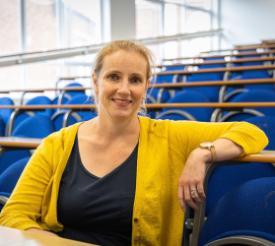
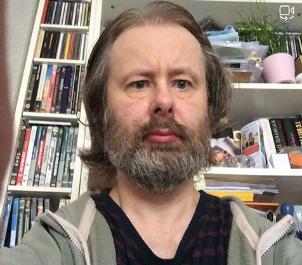
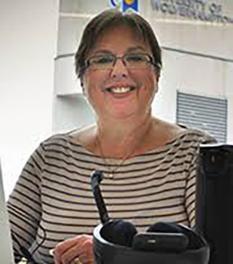
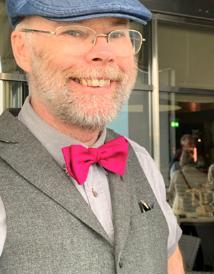
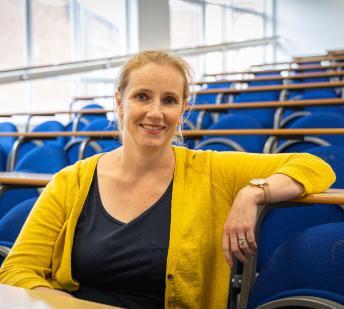
I work within the School of Sport as a Senior Lecturer and my research interests have historically focussed on Paralympic athletes. Now, as one of the co-chairs of the DSN I am really enjoying turning my focus to the equality and inclusion of disabled staff within the University and wider sector.
To this end, I am the operational lead for the Disability Equality Action Plan within the University, which is intended to be the internal equivalent to the REC and Athena Swan for disabled staff. Actions we are undertaking look to support disabled staff in multiple ways, from creating a Disability Leave policy to centralising reasonable adjustments.
Beyond the University I am the West Midlands lead for the National Association of Disabled Staff Networks (NADSN) and am leading a working group exploring a potential future National Framework for disability inclusion within Higher Education.
Email: Melanie.Best@wlv.ac.uk
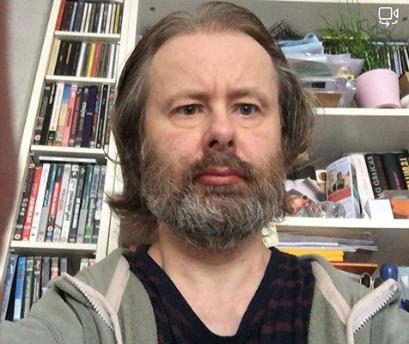
I have experience of a physical disability, sensory impairment, and a long-term medical condition – all of which contribute towards my health and wellbeing. Yet the ‘disability’ which causes me the most consternation, the thing above all others by which I am ‘othered’, is something I don’t consider to be a disability – far from it! Neurodivergence has been described as ‘a beautiful curse’ something that resonates strongly with my own experience. As it’s a hard to comprehend why what, in your mind, makes you unique is the same thing that impedes your relationships with others. Leading to an increased sense of isolation and marginalisation form the rest of the world.
I never imagined that something I had no control over (how my brain is wired), would be such a dominant feature of how I’m perceived and valued by society at large. Or equally how challenging misassumptions about neurodivergence would define my own life to the extent that it has. This, in turn, has imbued a passion for fairness and justice borne of witnessing the manifold injustices metered out to others whose voice has so often been denied them.
Consequently, I would like to contribute, in whatever way possible, towards creating an environment for university staff whereby they feel confident to disclose their disability without fear of suiciding their careers. Moreover, I feel that we need to foster a culture of inclusivity – more so than ever – within our own institution. One where we can see beyond a person’s ‘disability’ and see both their potential (that is often overlooked) and the value of their experience, as a disabled person, in challenging the many misconceptions and prejudices that foreshadow disability awareness. As well as creating a workplace environment in which everybody feels valued.
Emai: J.J.Gwinnett@wlv.ac.uk

I am Professor of Learning and Teaching in Academic Practice in the College of Learning and Teaching. I am dyslexic and have always struggled with a traditional education system that created barriers for me. However, this made me who I am today, giving me a passion to challenge traditional approaches to learning and teaching making me curious about how things could be done differently.
I have a varied background including setting up the Communication Support Unit for D/deaf students, the BA (Hons) Deaf Studies and Interpreting British Sign language/English degree programmes. Key themes of inclusivity, innovation and creativity and technology supported learning emerge throughout my career.
I have published on visual research methodology, flipped learning, patchwork assessment, developmental mentoring and transnational education (TNE). I am a National Teaching Fellow and a Principal Fellow of the Higher Education Academy. I have experience of working across the university in all sorts of committees and I am not shy about speaking out.
As co-chair of the disabled staff network I hate the question “do you consider yourself disabled’, as I personally do not but acknowledge that I can be disadvantaged by a society that excludes me or does not recognise my abilities.
Email: M.J.Lawton@wlv.ac.uk

I am Reader in Education for Health in the School of Nursing in FEHW. I have several disabilities but one that occupies me the most is metastatic prostate cancer. I was initially diagnosed and treated in 2012-13 and treated for relapses in 2019 and 2021. It’s fairly likely that I’ll have another relapse before I get much older.
Having prostate cancer led me to start doing voluntary work for Prostate Cancer UK which in turn led to joining a major prostate cancer trial as a patient representative. Work on the trial has led to co-authorship of various articles which have helped shape prostate cancer care across the world while my work with PCUK and also Prostate Cancer Research has allowed me to reach out people affected by prostate cancer and raise awareness of the disease which, on average affects 1 in 8 people born male.
In sum, this all led to my current work into what it means to be well in the context of prostate cancer and the quest for meaningful quality-of-life instruments. I will happily talk to anyone about aspect of living with prostate cancer. I am a staunch advocate of equitable accessibility, which seeks to identify and remove unnecessary barriers, whether these are physical or otherwise, and provide the support mechanisms necessary to surmount barriers that cannot be removed and thereby enable people, not disable them.
Email: D.Matheson@wlv.ac.uk

Following on from the success of the My Career Journey series last year, this session has a specific focus on disability

Thrive into work - support people into work, keep them in work and support their progression

Lessons and tips from disabled leaders on career progression and helping to support disabled employees
/ Mike Layward: We are Invisible, We are Visible / Family Planning: The Lived Experience Through Art - Panel Discussion / Paul Darke: Why Bother? The Art of Disability - Practice Does Not Make the Perfect (Disrupting Bodies) / Sam Rapp: UN International Day for Disabled People / Deb Alma: Poetry on Prescription: Creative Writing & Wellbeing /Jennifer Gilbert: How a Manchester Gallery Supports Disabled and Neurodivergent Artists Tony Heaton: The Art of Disability History; A personal view through NDACA (the national disability arts collection and archive)
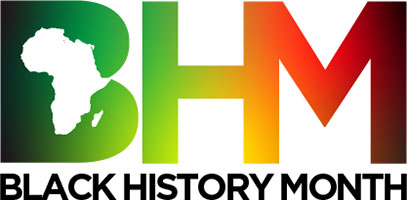
We are embracing Black History Month beyond the confines of a single month. Our intention is for Black History Month to transcend seasonality and 'tokenism’ so that the original initiative itself is eventually no longer required.
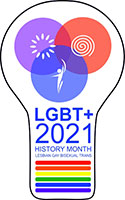
LGBT+ History Month is a month-long annual celebration of lesbian, gay, bisexual, trans, and non-binary history, including the history of LGBT+ rights and related civil rights movements.